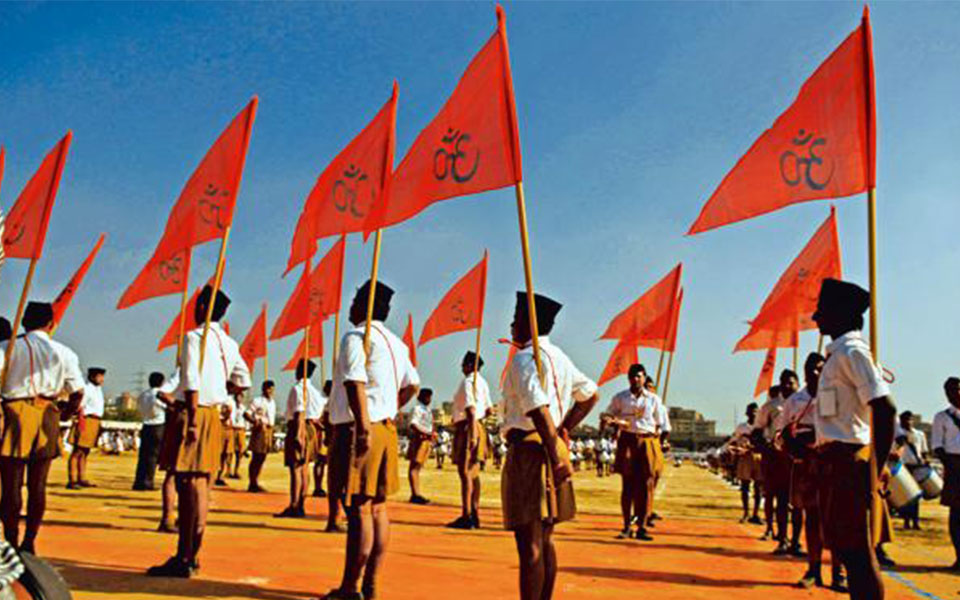Panaji, June 30: Congress legislator Aleixo Reginaldo on Saturday demanded police protection for beef importers, who have once again complained that cow vigilantes were stopping consignments of slaughtered beef from being brought into the state from neighbouring Karnataka.
"Even legally those who are legally importing beef, they are being harassed by cow vigilante groups and the government is promoting them," Reginaldo told a press conference here, amid a fresh spate of beef shortage in the state, where nearly one third of the 1.5 million population belong to beef-eating minority communities.
"All Hindus, Catholics, Muslims eat what they want. Why are such differences being created now? The beef shortage is being created by cow vigilante groups in Goa, who are backed by RSS elements," the Congress leader said.
Anwar Bepari, president of the All Goa Qureshi Meat Traders association on Friday had said cow-vigilantes were forcefully stopping beef consignments from being brought in the coastal state, giving rise of shortage of the red meat in Goa's markets.
"The cow protection groups are taking law in their hands and stopping our legally imported consignments. They have also beaten up some drivers, who are now scared to drive the trucks carrying slaughtered beef into Goa," Bepari told IANS.
In January, beef traders in Goa went on strike alleging harassment by cow vigilante groups.
The strike was called off after an assurance from the Chief Minister, who directed the police to crackdown on ow vigilantes.
Goa on an average consumes around 20-25 tons of beef every day, according to Bepari.
Let the Truth be known. If you read VB and like VB, please be a VB Supporter and Help us deliver the Truth to one and all.
Panaji (PTI): As part of a crackdown against tourist establishments violating laws and safety norms in the aftermath of the Arpora fire tragedy, Goa authorities on Saturday sealed a renowned club at Vagator and revoked the fire department NOC of another club.
Cafe CO2 Goa, located on a cliff overlooking the Arabian Sea at Vagator beach in North Goa, was sealed. The move came two days after Goya Club, also in Vagator, was shut down for alleged violations of rules.
Elsewhere, campaigning for local body polls, AAP leader Arvind Kejriwal said the fire incident at Birch by Romeo Lane nightclub at Arpora, which claimed 25 lives on December 6, happened because the BJP government in the state was corrupt.
An inspection of Cafe CO2 Goa by a state government-appointed team revealed that the establishment, with a seating capacity of 250, did not possess a no-objection certificate (NOC) of the Fire and Emergency Services Department. The club, which sits atop Ozrant Cliff, also did not have structural stability, the team found.
The Fire and Emergency Services on Saturday also revoked the NOC issued to Diaz Pool Club and Bar at Anjuna as the fire extinguishers installed in the establishment were found to be inadequate, said divisional fire officer Shripad Gawas.
A notice was issued to Nitin Wadhwa, the partner of the club, he said in the order.
Campaigning at Chimbel village near Panaji in support of his party's Zilla Panchayat election candidate, Aam Aadmi Party leader Kejriwal said the nightclub fire at Arpora happened because of the "corruption of the Pramod Sawant-led state government."
"Why this fire incident happened? I read in the newspapers that the nightclub had no occupancy certificate, no building licence, no excise licence, no construction licence or trade licence. The entire club was illegal but still it was going on," he said.
"How could it go on? Couldn't Pramod Sawant or anyone else see it? I was told that hafta (bribe) was being paid," the former Delhi chief minister said.
A person can not work without bribing officials in the coastal state, Kejriwal said, alleging that officers, MLAs and even ministers are accepting bribes.





